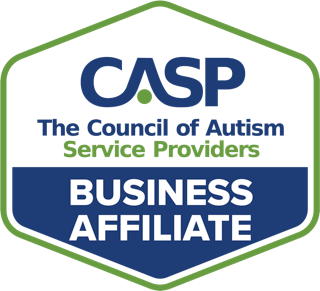Long-standing research on the effects of ABA services to treat ASD indicates that treatment intensity may greatly influence the response to treatment in children.
As such, clinicians should carefully calibrate and adhere to dosage recommendations.
Studies have concluded that adhering to prescribed treatment dosages, aligned with published research, improves outcome mastery and increases adaptive behavior skills.
Legislative advocacy and policy development efforts in the elimination of managed health plans perceived prescriptive authority over medical necessity determination have been a priority of many clinicians, lawyers and policymakers.
However, understanding the health plan’s role in medical necessity and utilization management, as well as limitations in the ability to conduct well-controlled research on the intensity of treatment recommendation remains a challenge.
Despite best practice standards and available research supporting proper dosage recommendations, the variability in dosage recommendations may still be negatively influenced by a variety of factors.
These include, but are not limited to:
- A complex language barrier between the clinician and the health plan
- Lack of clinician training in what is medically necessary
- Unlawful or otherwise ineffective mandates enforced by funding sources
- Limitations in applied research
Prescription fidelity affects both the clinical and operational sides of the effective delivery of autism services.
As the field of Autism Services has continued to grow, the appropriate measures of clinical quality remain embedded in providing the adequate intensity of service on the individual patient level.
The drastic under-prescribing of care, that is industry-wide, affects the ability for patients to receive optimum results.
It also creates additional administrative costs and burdens on autism providers, which results in scaling and fiscal management challenges.
To continue the conversations related to the medical necessity of autism treatment, the development of a medical necessity review tool may lend guidance for clinicians.
This will help them move toward consistency in considerations of medical necessity justification and appropriate dosage.
Registration for this event has closed.










